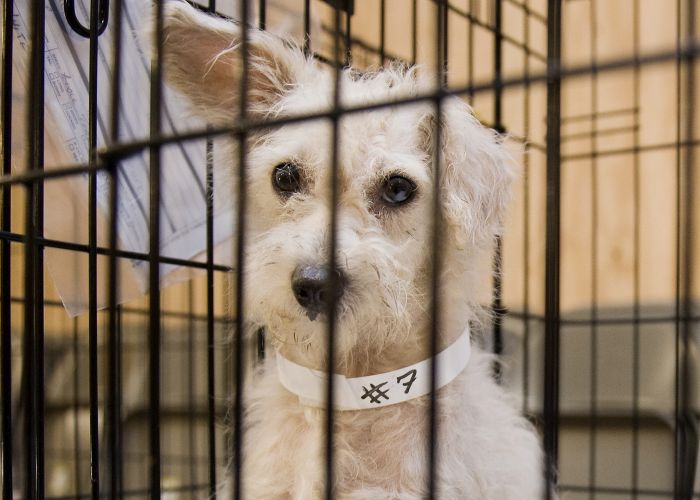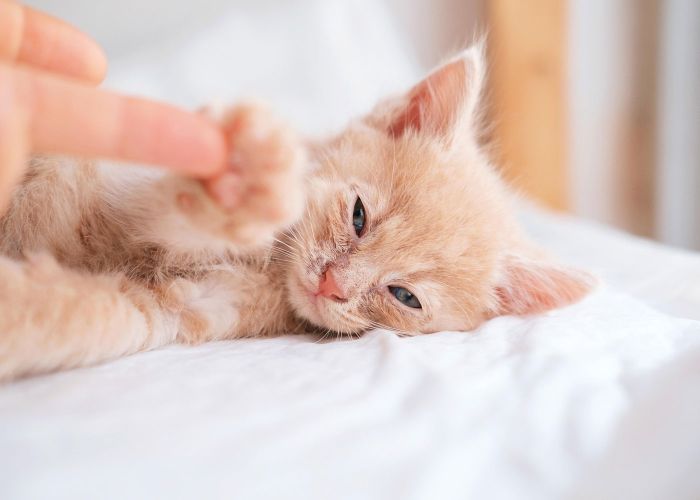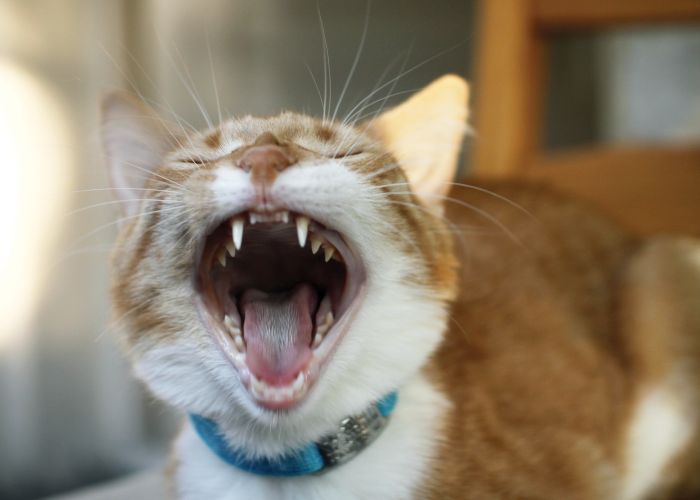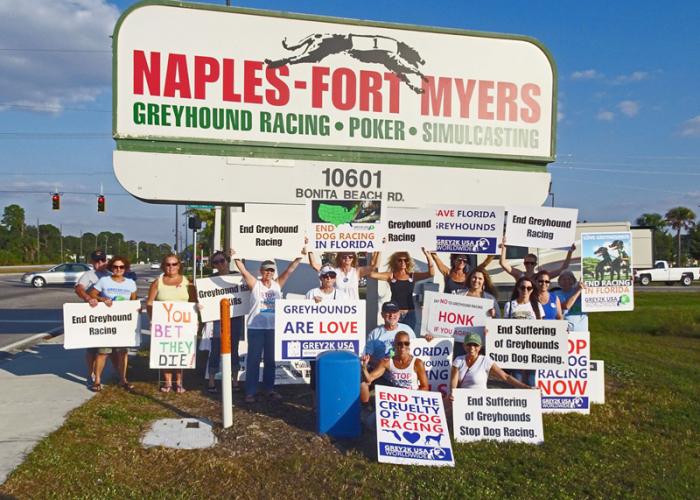Finders keepers
Florida shelter’s Milkman Program delivers care kits to kitten finders
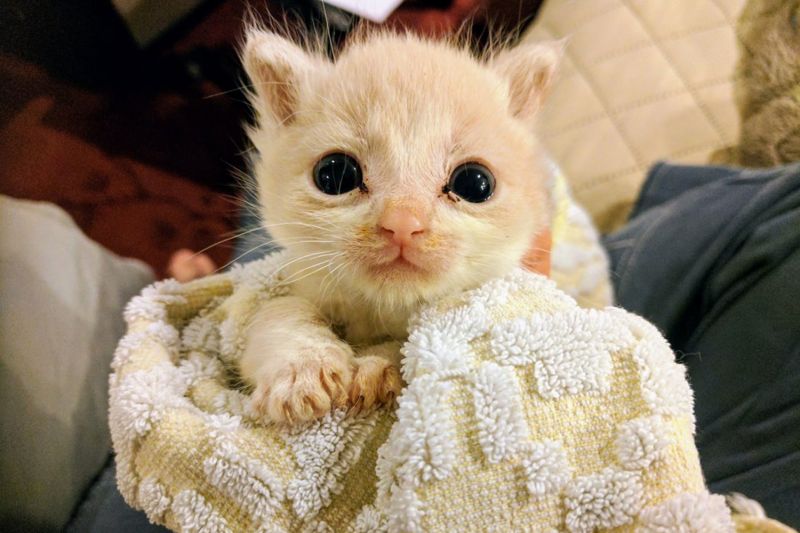
“I’ve found a litter of kittens. Can you take them?”
It’s the type of call your shelter likely receives multiple times a day during the height of kitten season—Good Samaritans stumble across a litter and look to you to provide a solution. That’s all well and good if your organization has the capacity to meet this need, but if you’re already swamped with tiny fluffballs who need a lot of care, these calls can fill you with a sense of panic or dread.
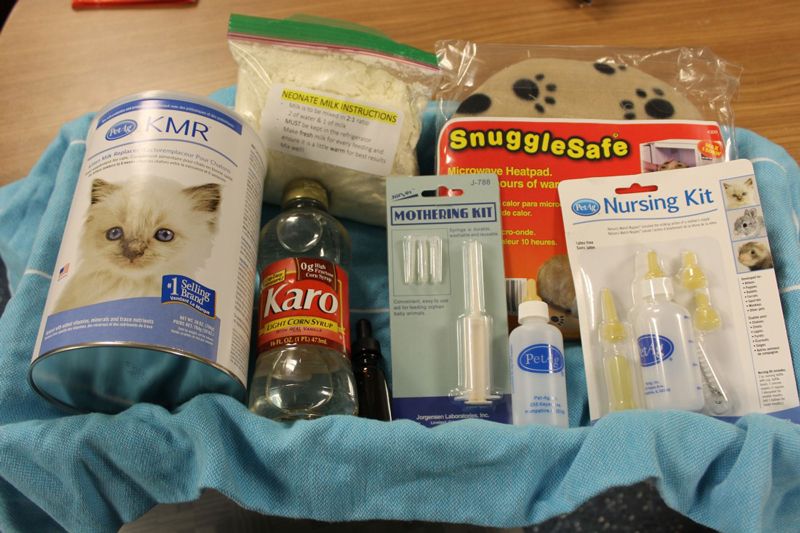
That’s how things were at Miami-Dade County Animal Services in Florida until the shelter found a way to turn kitten finders into temporary kitten keepers.
Like most shelters in warm-weather states, Miami-Dade is seldom without kittens, and the ones on the adoption floor are just the tip of the iceberg. During peak breeding months, the shelter may have up to 500 kittens in foster homes and more than 40 in its nursery, says Bianca Cao, the shelter’s neonate coordinator. But even a robust foster program and dedicated nursery aren’t always enough to accommodate the tide of unweaned “bottle-babies” and under-2-pounds toddlers.
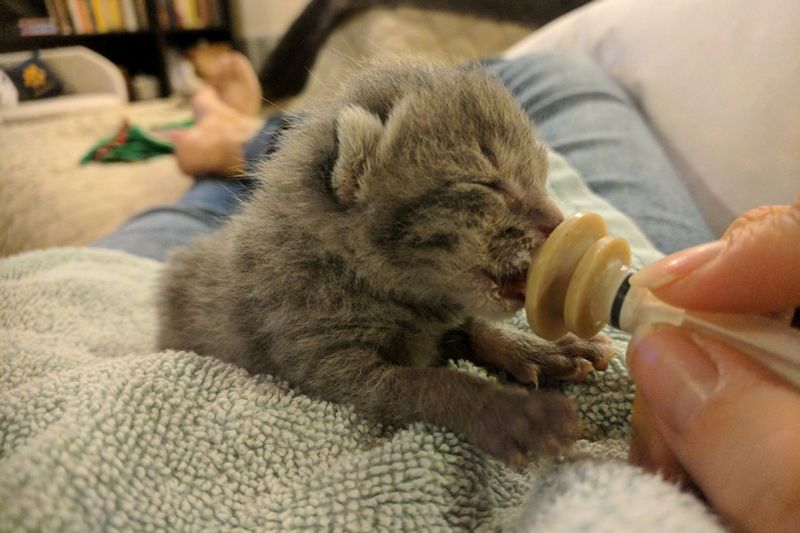
Launched in 2015, the shelter’s Milkman Program empowers people who find orphaned litters to care for them until they’re old enough for adoption. Animal control officers deliver “kitten kits,” which include milk-replacement powder, baby bottles and syringes, corn syrup (for boosting blood sugar) and a heating pad, along with kitten age charts, detailed care instructions in English and Spanish and links to instructional videos on kittenlady.org. Officers also give the impromptu foster caregivers a short tutorial in feeding techniques and other care tasks based on the kittens’ ages. During peak breeding months, they deliver about 20 kitten kits a week, says Cao.
Before scheduling a kit delivery, shelter staff coach callers through the steps to ensure the kittens are truly orphaned, says Cao. Then, as the kittens grow older, the caregivers are encouraged to bring them to the shelter’s clinic for free vaccines, deworming and other treatments. Once they’re old enough to be sterilized and adopted, the kittens may come into the shelter for adoption, though “some people fall in love and either find them a home or end up keeping [them],” says anti-cruelty investigator Adrian Diaz, adding that either way, they’re still provided with free vaccines and sterilization.
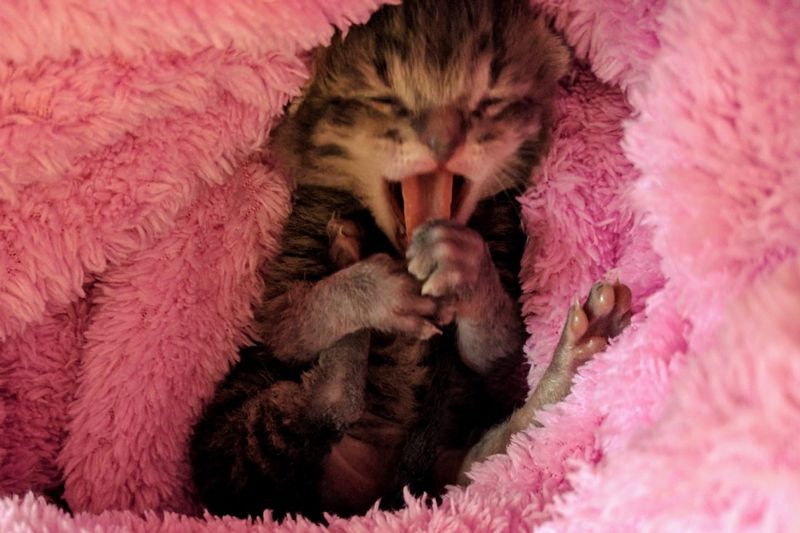
“Caring for a bunch of newborn kittens is no easy task,” Diaz says, “and people feel much more inclined to help when they know they have the support of the department.”
The Milkman Program eases the strain on the shelter’s nursery and foster care program, and it leads to better outcomes for individual kittens, whose immature immune systems put them at risk of contracting a disease in a shelter environment. At the same time, Diaz says, the program enables animal control officers to form trusting relationships with community members while encouraging people to be part of the solution. “Most people … feel extremely proud to know that they have helped an otherwise helpless animal live a long and happy life,” he says.


